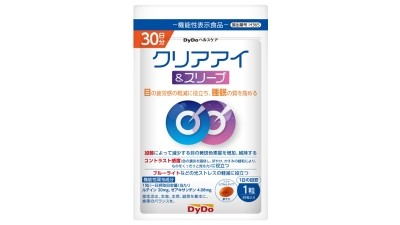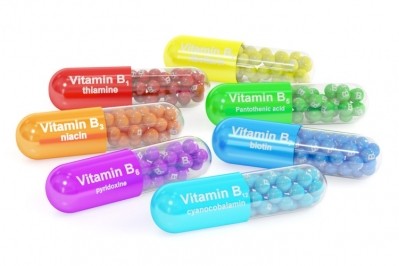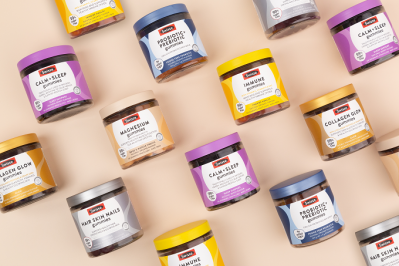Trend tracker: Functional foods in Japan, pea protein market in New Zealand, bundled oral and topical products

Eyes open: Japan consumers are leaning towards functional foods over oral supplements – pharma giant
Japanese firm Senju Pharmaceutical says consumers are increasingly opting for functional foods over supplements.
In February, the pioneer of ophthalmic drugs launched its first range of Food with Function Claims (FFCs) for eye health marketed under the series ‘onoono for eye’. The products come in different formats, including chocolate, candy, and gummy formats.
“The reason why we decided to develop the different formats was because of our conversations with customers, who said that they did not like capsules as they tend to ‘get stuck’ in the throat,” said Shuhei Yoshida, President and CEO of Senju Pharmaceutical.
Two-way approach: Nutraceutical firms adopt oral and topical solutions to address joint, skin issues
Nutraceutical companies are looking for new ways to enhance their product offerings, such as developing both oral and topical solutions to tackle concerns across joint pain and skin health in key Asia-Pacific markets.
Herbal Pharm, for example, has launched a joint health supplement and topical cream bundle known as NutraJoint Gold Flex Supplement / Cream, while Chicnutrix is has paired its Collagen Builder effervescent tablet with its Face Serum for skin health.
In this episode of Nutrition Asia video series, we will hear from both firms on their reasons for launching bundled oral supplements and topical products.
Veggie powder power: Australia’s Nutri V eyes snacking space to take upcycled foods mainstream
Australian upcycling firm Nutri V – a partnership between vegetable producer Fresh Select and Australia’s national science agency CSIRO – has taken its first steps into the B2C snacking space, with its CEO stating there is more product innovation on the cards.
It recently launched Nutri V goodies, a range of puffed snacks containing two vegetable servings in each pack.
“Especially in the snacking space, I’ve been seeing a lot of better-for-you trends. Companies want to take something that is indulgent and make it slightly better for you…We’re also seeing interesting flavour pairings with vegetables [to] really enhance the flavours, like broccoli with lemon, salt, and pepper,” CEO Raquel Said said.
Ten times growth: NZ’s pea protein market to be fuelled by sports nutrition, infant formula, and alt meats – new report
New Zealand’s market for pea protein will grow 10-fold in the next decade, with key sectors being sports nutrition, infant formula, and plant-based dairy and meat alternatives, according to a report from trade officials.
New Zealand’s market currently stands at 530 tonnes, with 85 per cent (451 tonnes) driven by the sports nutrition sector and 14 per cent (74 tonnes) by alternative meats.
After experiencing a CAGR of 53 per cent from 2010 to 2021, the market it is projected hit 5,500 tonnes – putting the country on par with Japan and Australia.
Exclusive Malaysia nutrition sector analysis: From vending machine trend to fears over unregistered products online
From emerging sales channels for functional foods and supplements such as vending machines, to fears over unregistered products being sold online, as well as industry concerns over advertising and ingredient rules, the Malaysian industry is currently hotbed of activity.
The South East Asian country, located between Singapore and Thailand, has a vitamin and dietary supplement market size of RM$4.896 bn (US$1.09bn) last year, local industry body Malaysian Dietary Supplement Association (MADSA) said, citing data from Euromonitor.
This was up 10 per cent year-on-year, a steeper increase than the 4.5 per cent growth recorded between year 2020 and 2021. This series of VitamINSIGHTS will shed light on the emerging trends and challenges around Malaysia’s nutraceutical industry.



















